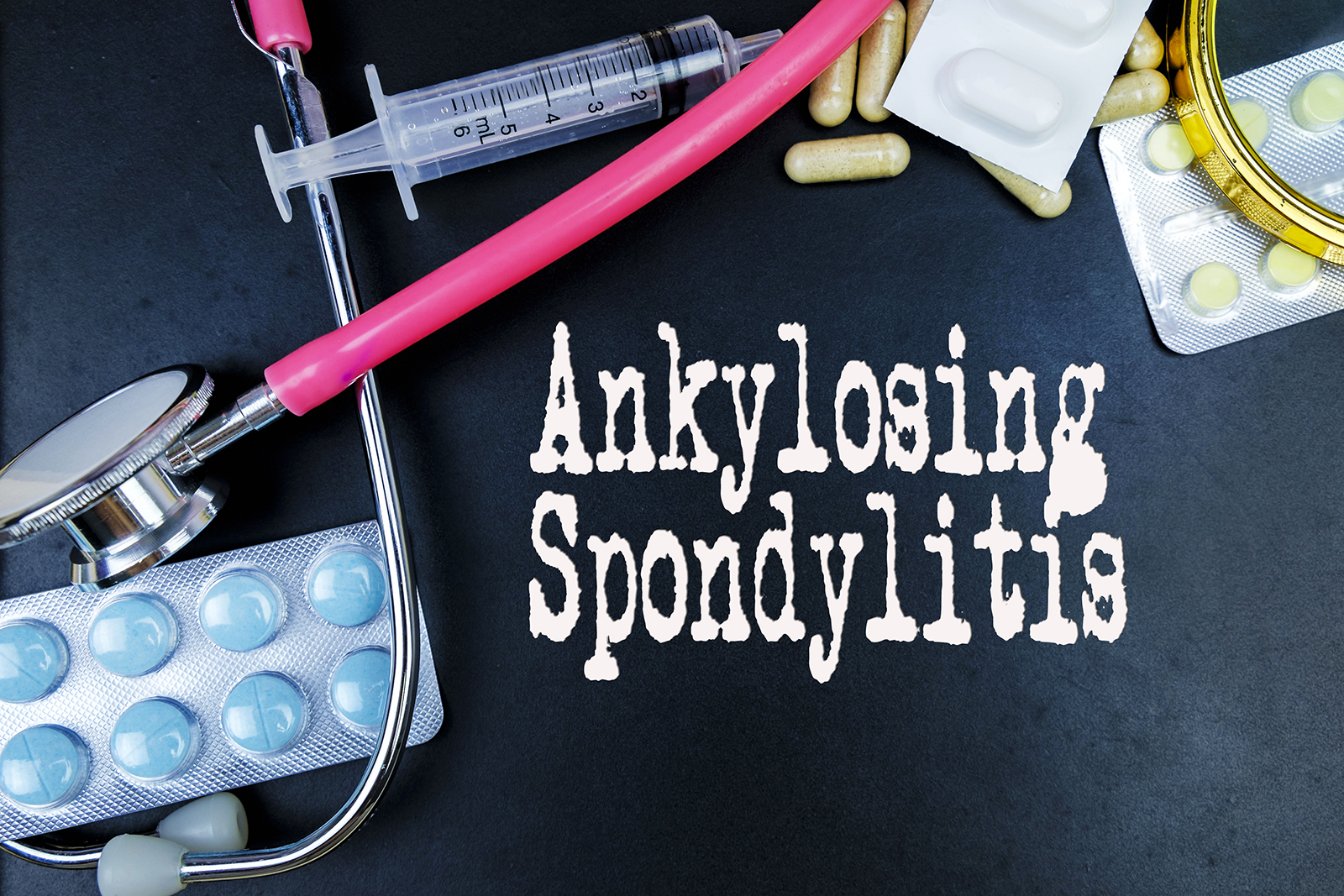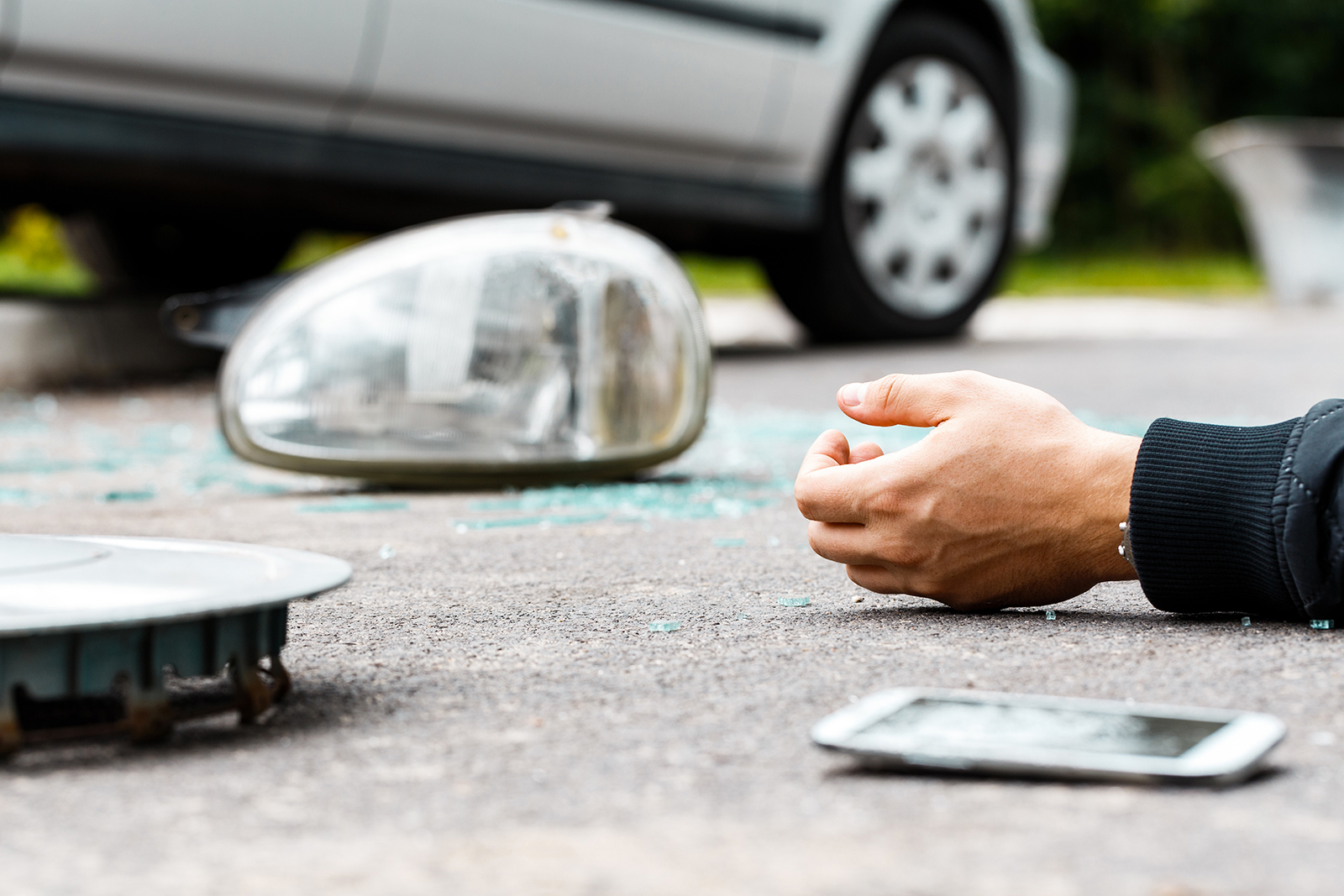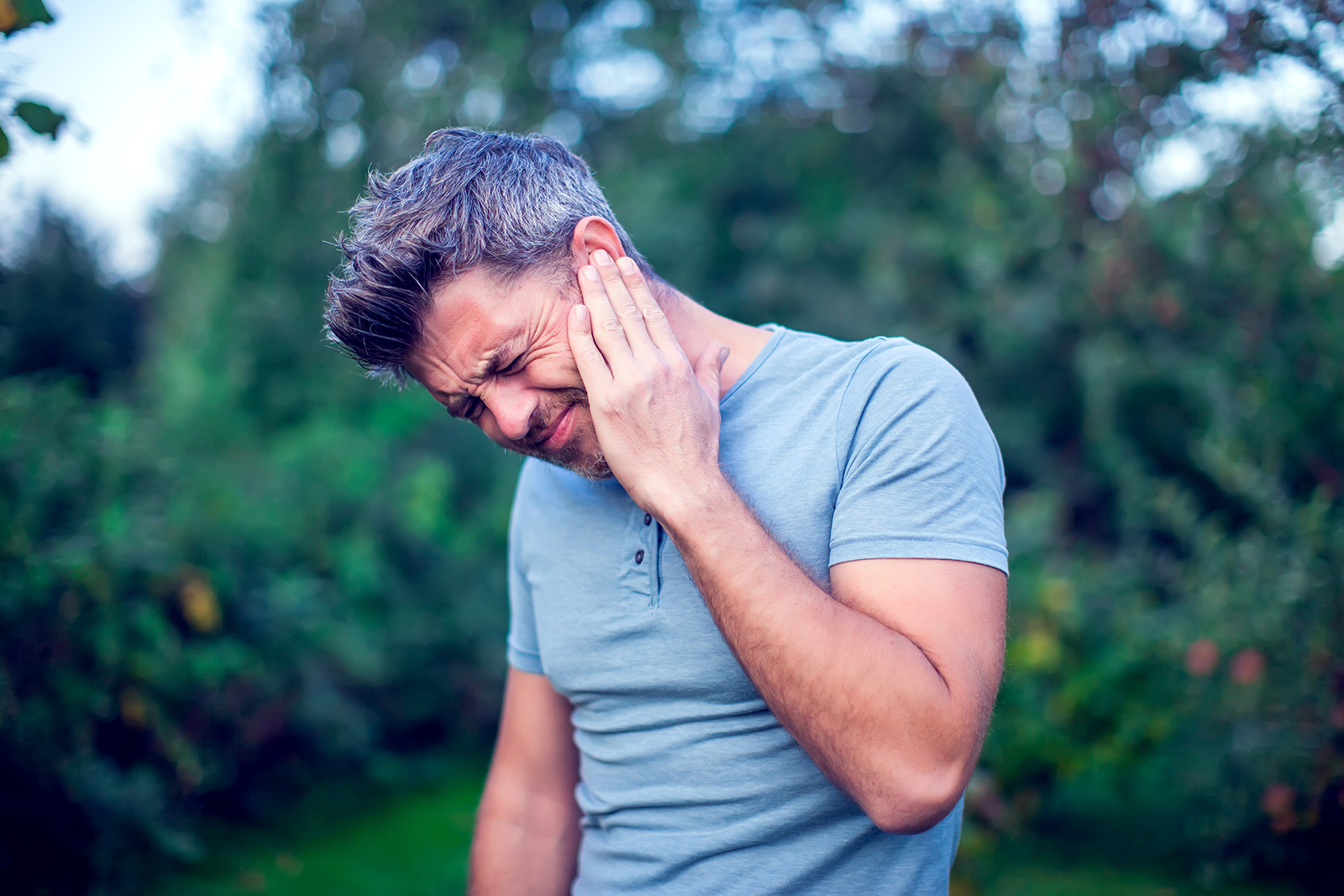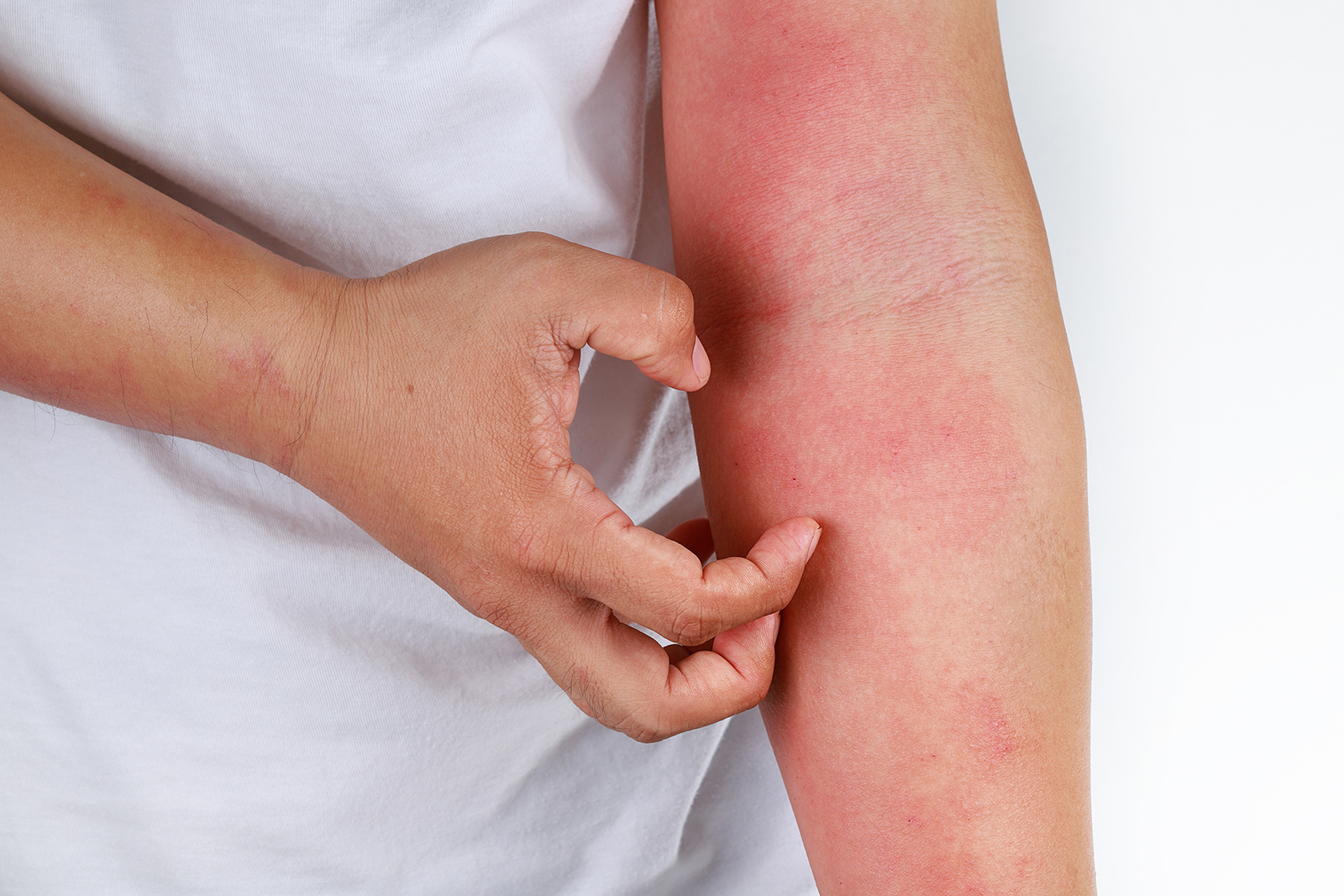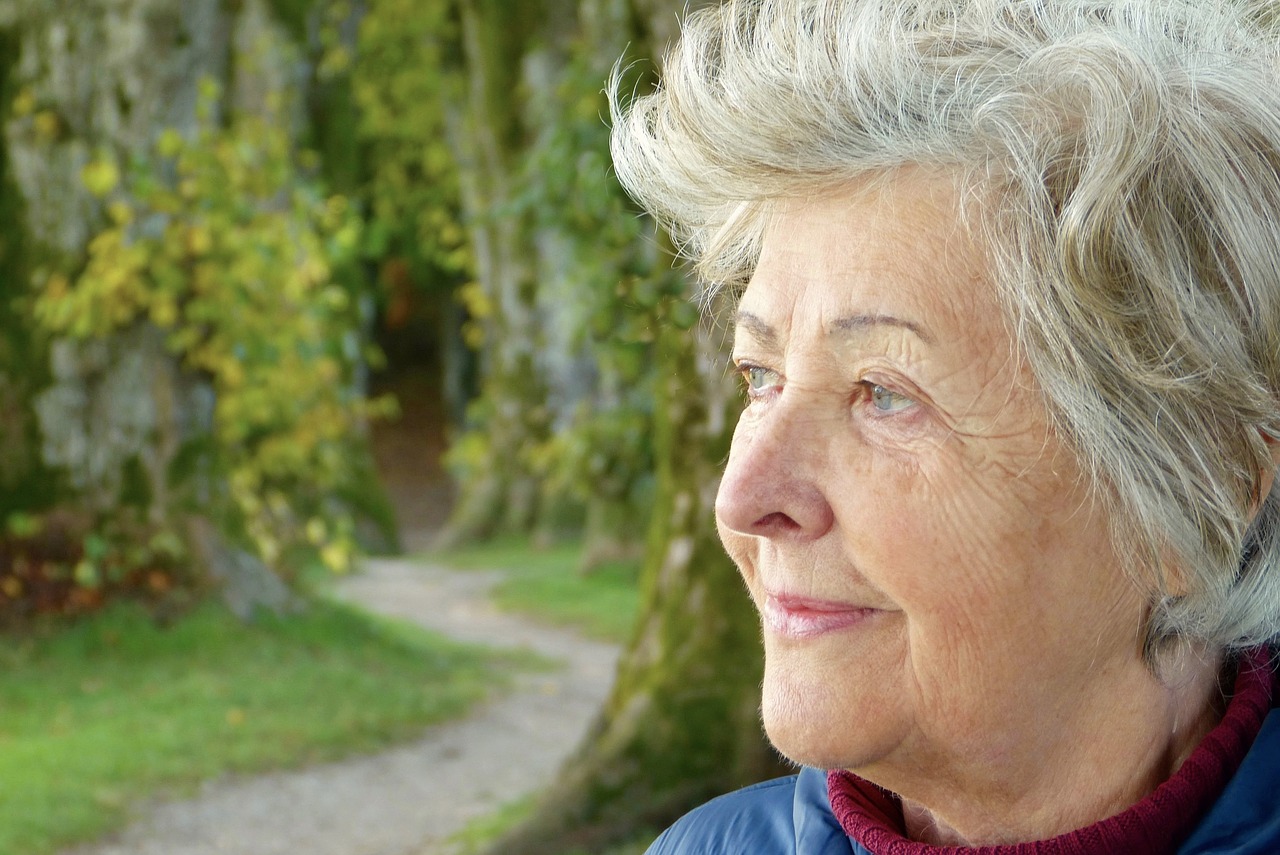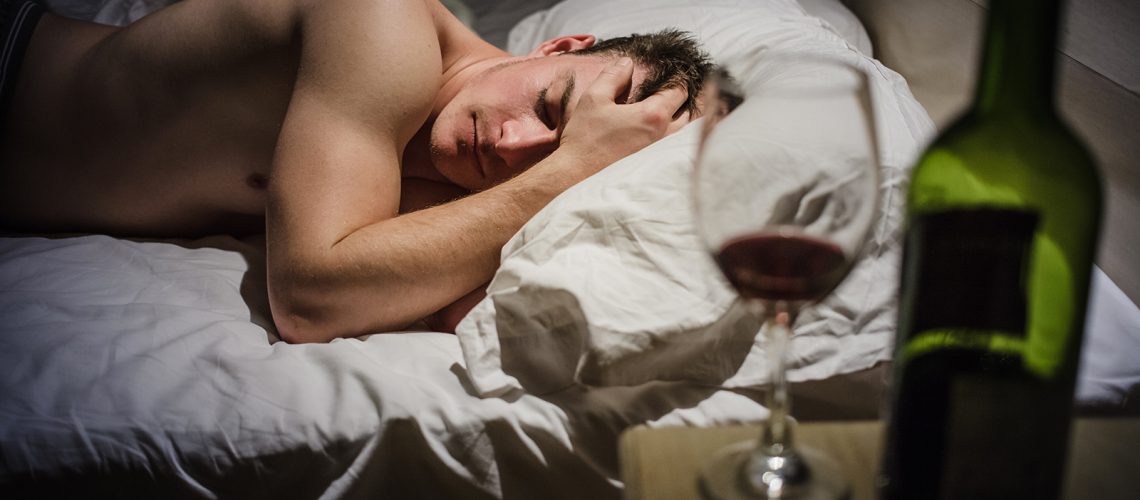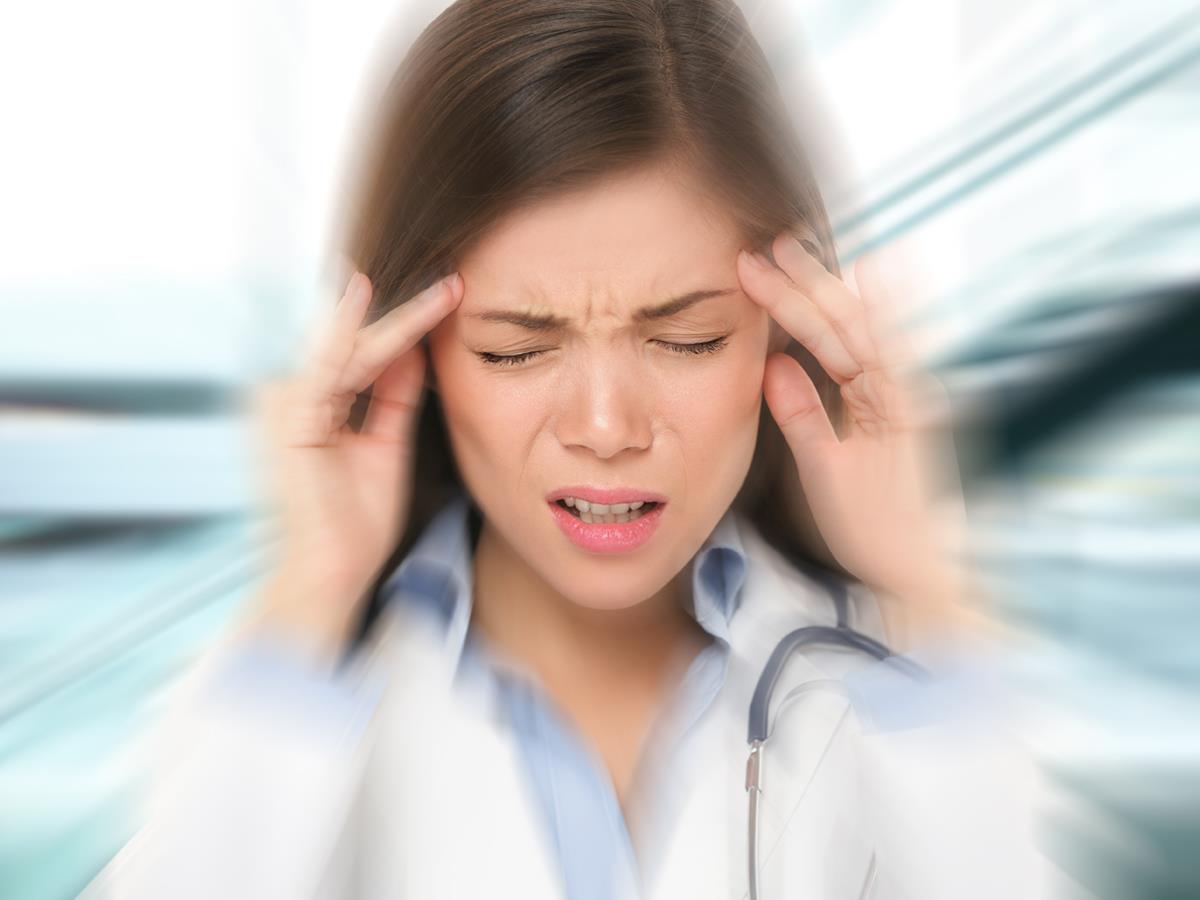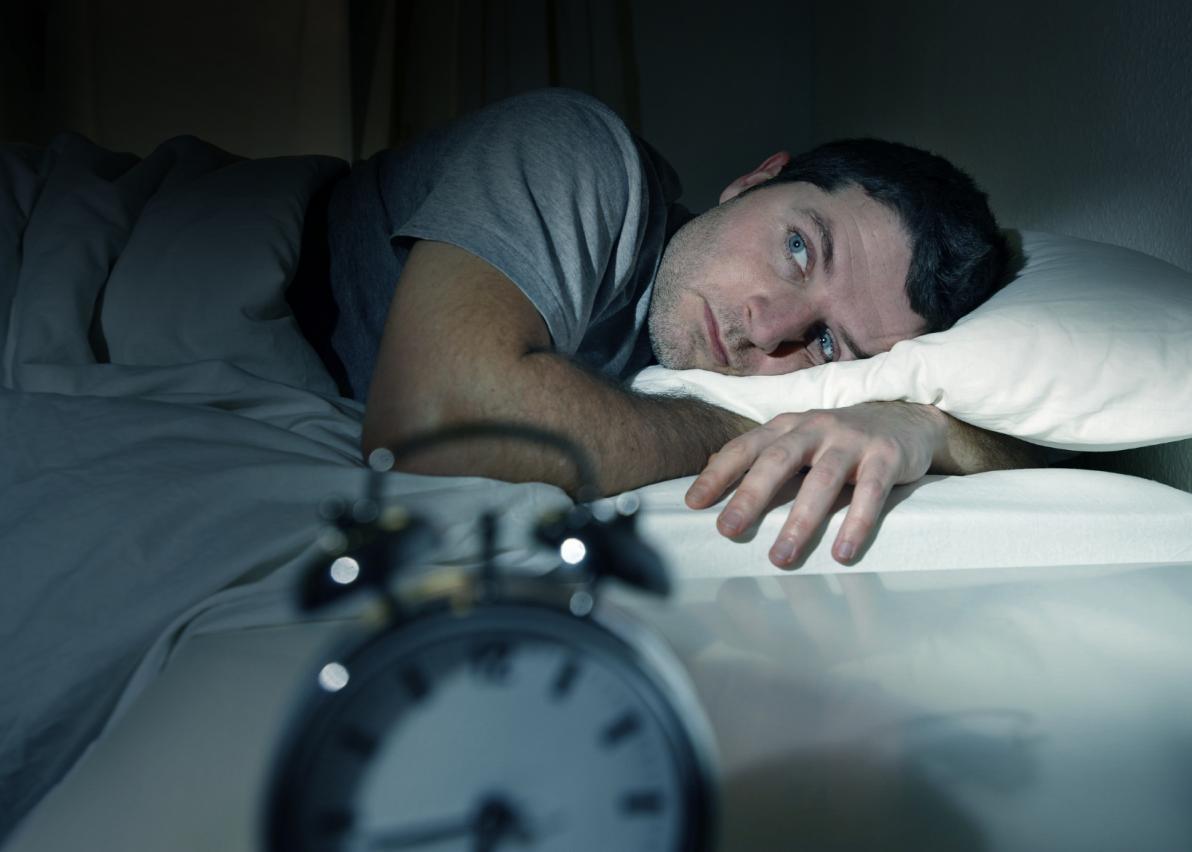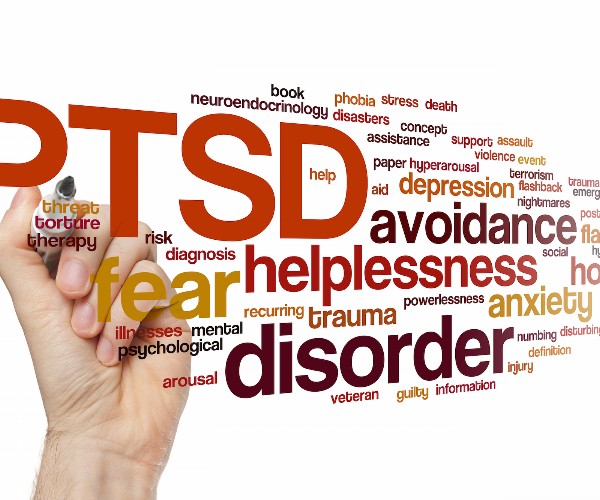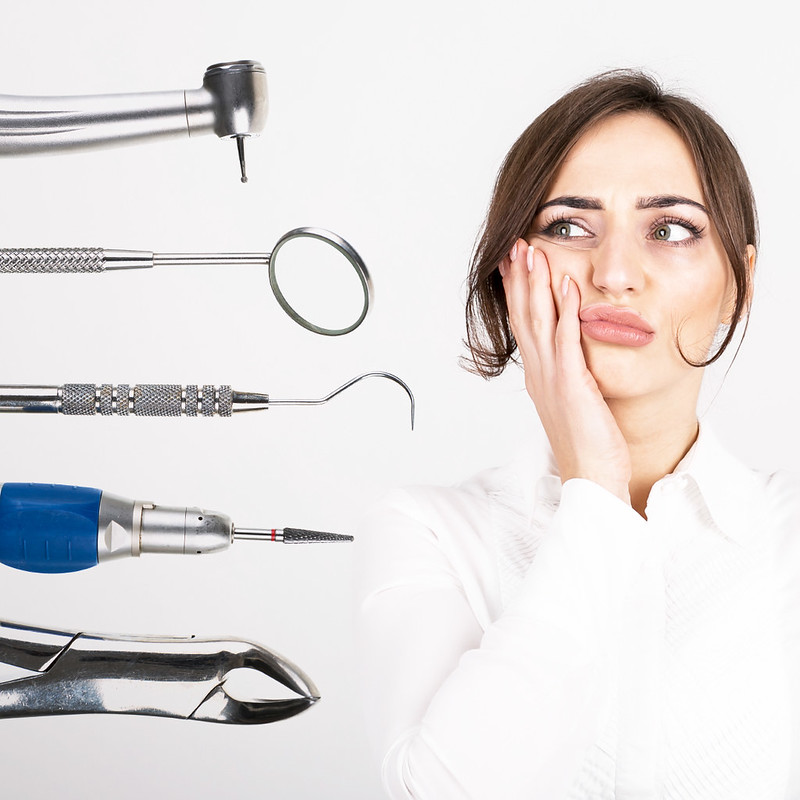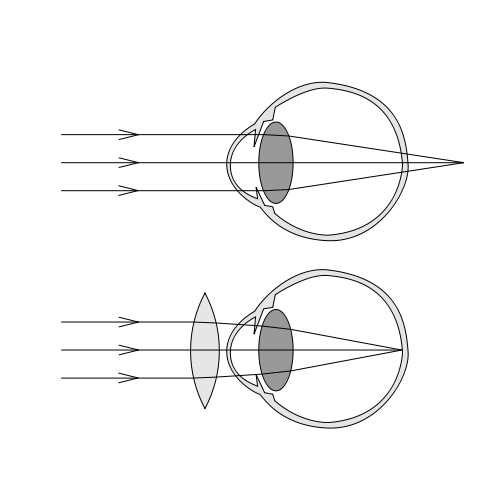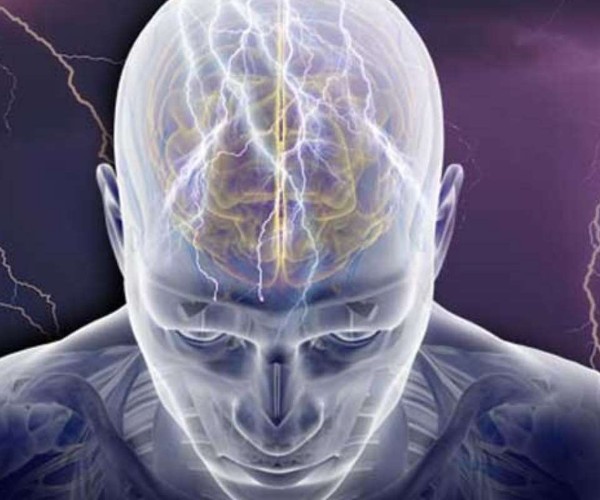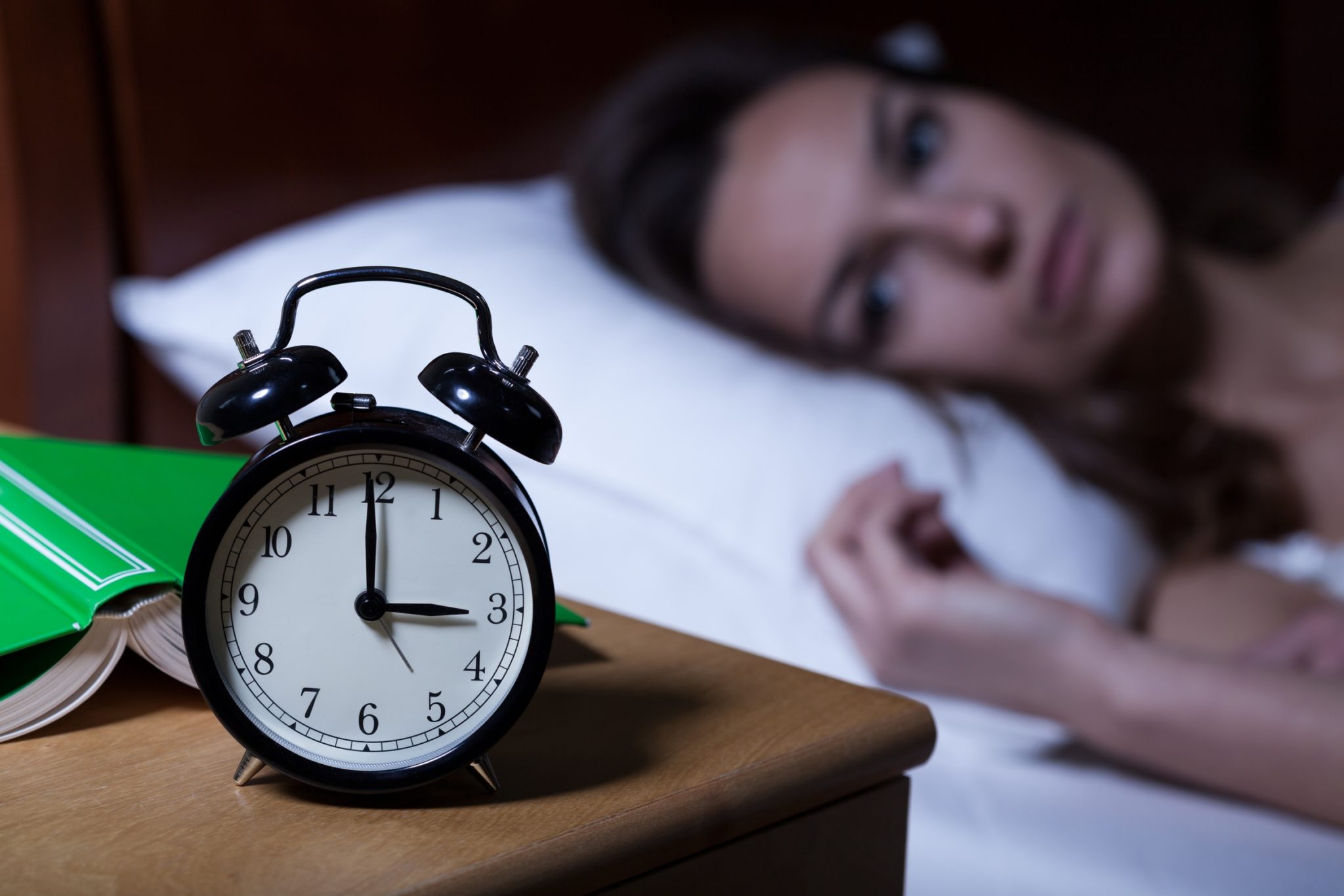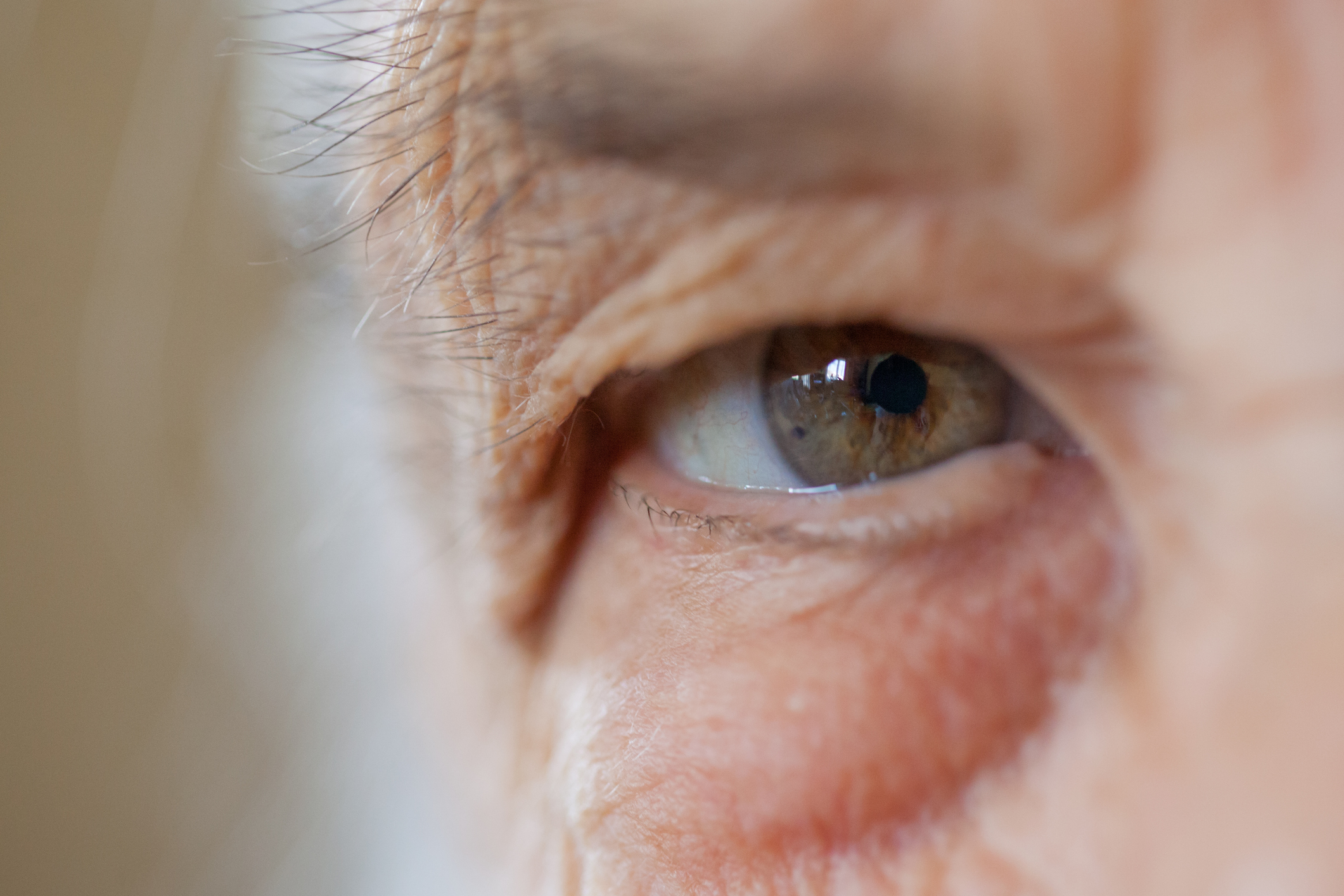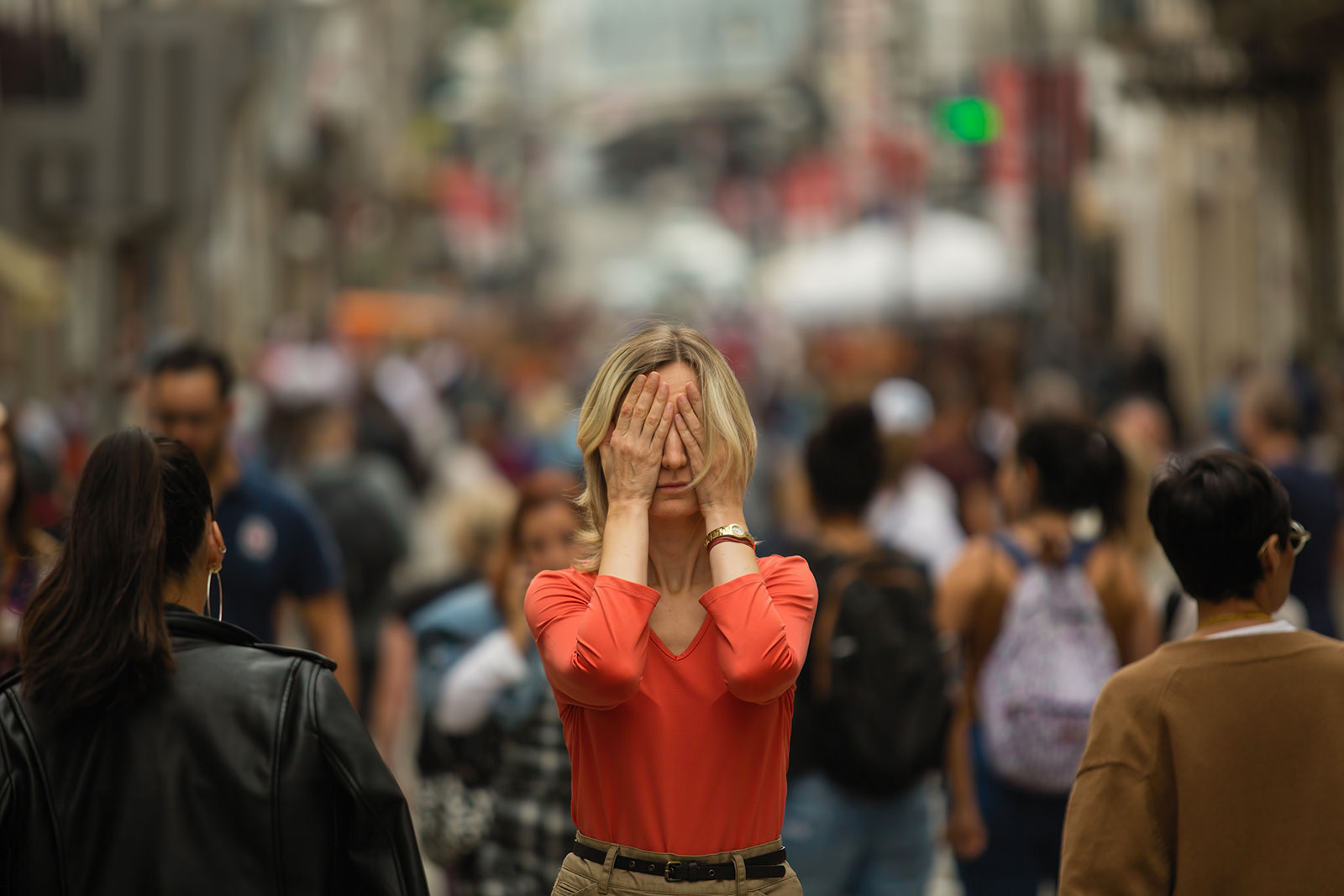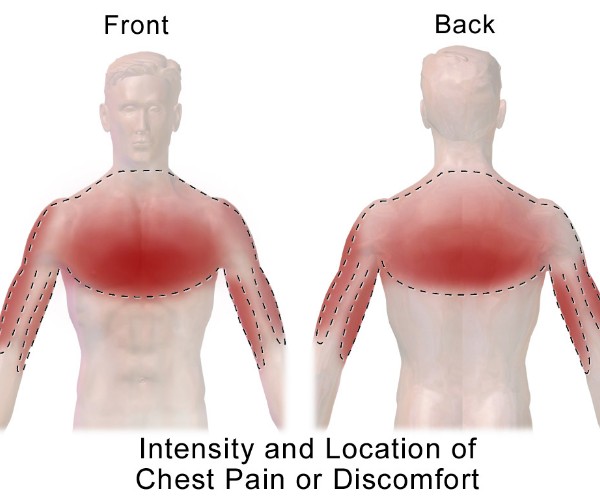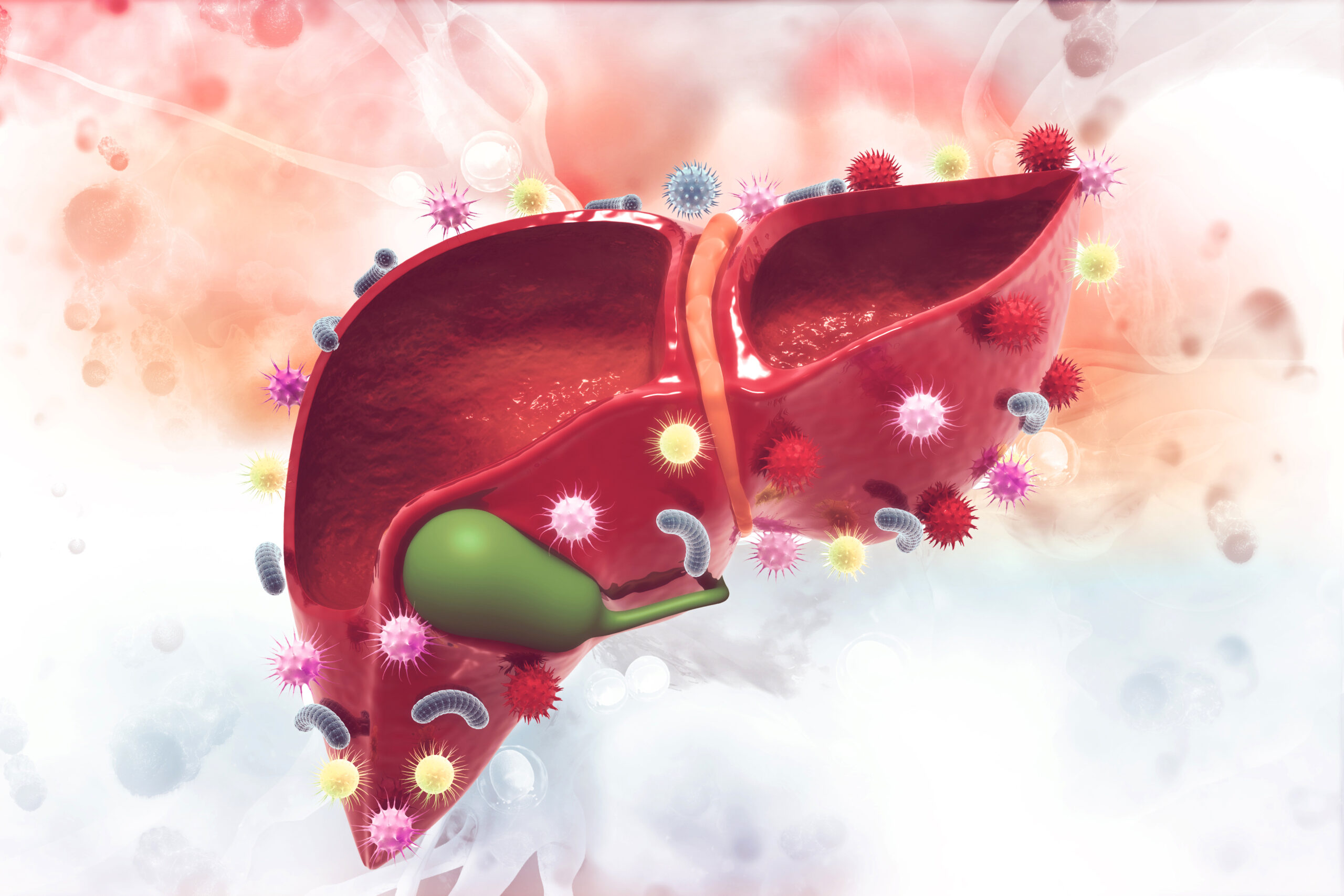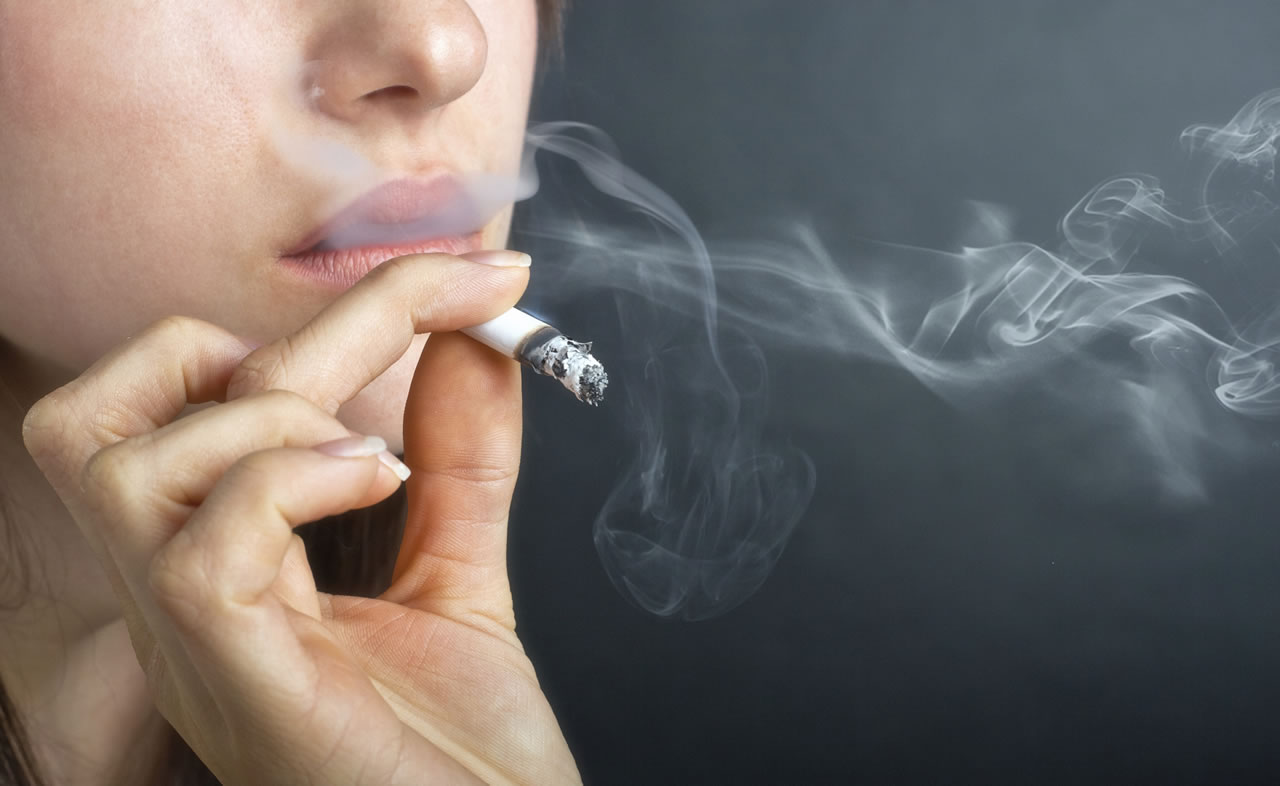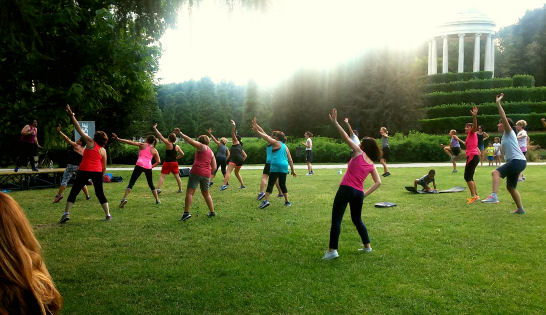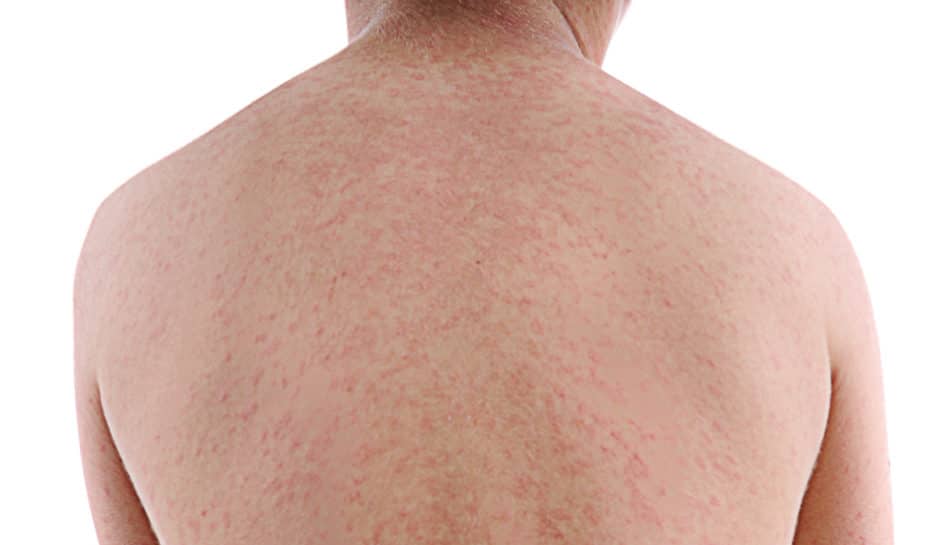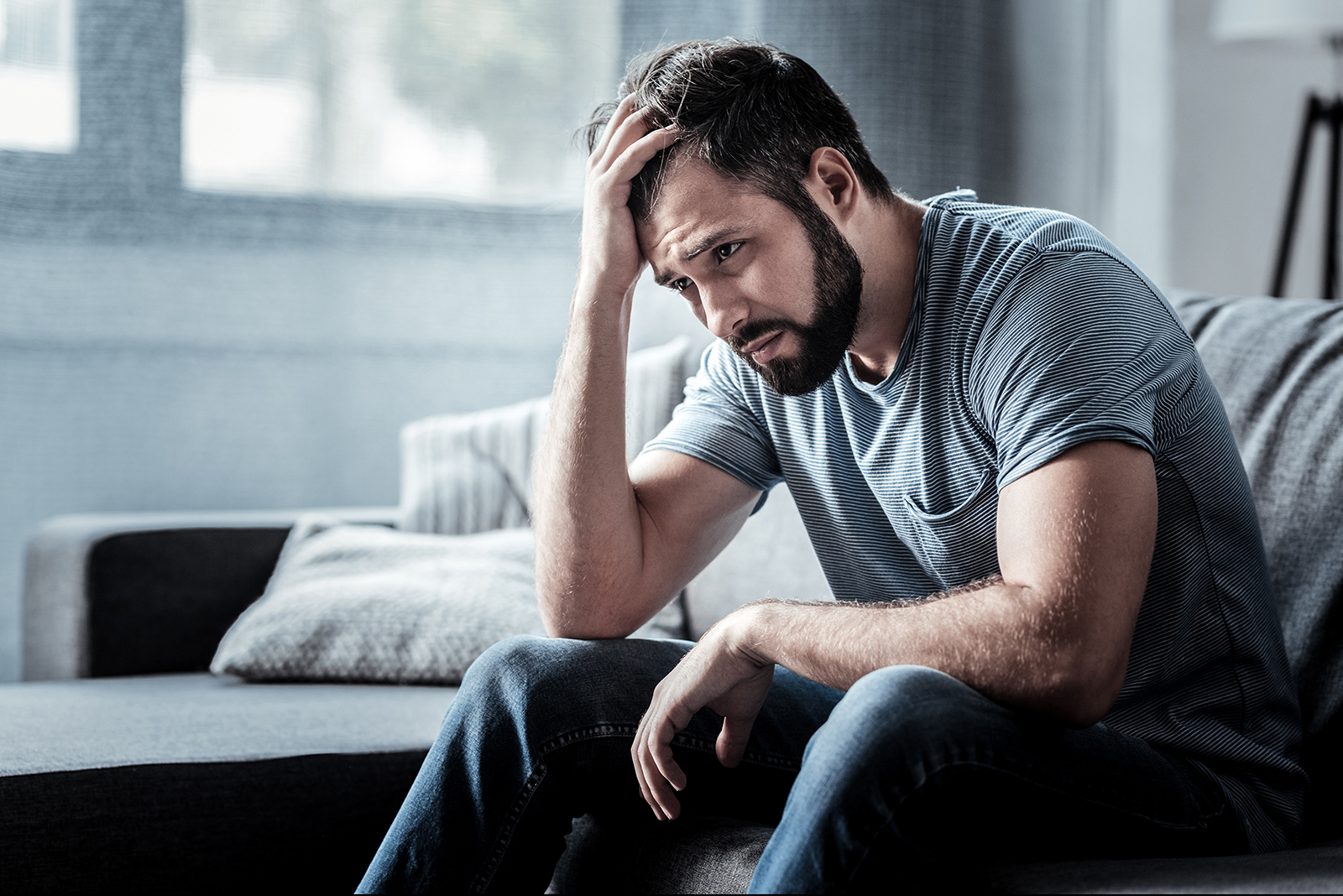What to do and what not to do
It is known to all that good physical and mental fitness can depend on many factors, but certainly sleep is one of the foundational factors of well-being.
Restorative sleep gets the body back on track, compensates for many minor injuries and properly reboots the brain, the body’s organizational powerhouse.
The mechanism of sleep is complex and delicate and requires the observation of rules and habits that become a method for balancing and optimizing night rest.
There are things to do and things not to do if you intend to protect the precious mechanism of rest, especially during leisure or vacation periods.
Things not to do are:
- Have coffee after dinner. Caffeine does not allow deep sleep, but often causes light sleep with possible awakenings.
- Consuming alcohol at late hours. Avoid the additional “glass” to dinner, perhaps of hard liquor drinks consumed before going to bed. Alcohol interferes with the mechanism of deep sleep, which is important for getting adequate rest to safeguard memory and other brain functions. Usually alcohol generates drowsiness, but after falling asleep, early awakening is very easy.
- Eating late at night just before falling asleep. Neither a large meal nor a simple snack is advisable, which can set the metabolism in motion and speed up the brain, and sometimes result in restless sleep and nightmares.
- Drinking too much water. Right to drink just enough to stay hydrated, but not so much that you have to make constant bathroom stops interrupting the continuity of sleep. Right to drink plenty of water throughout the day, not before bedtime.
- Using the computer and surfing the Internet. The light emitted from the screen during the nighttime hours drives away sleep and can be harmful, creating a state of arousal, often amplified by images or web news, sometimes disturbing or upsetting. The use of cell phones and computers is absolutely inadvisable starting as early as a few hours before bedtime, when one begins to release tension and the body prepares for sleep.
- Siesta in the afternoon. A short nap after the first part of the day can help regenerate, but if you squeeze in a longer siesta in the afternoon it can numb and even disrupt nighttime falling asleep and sleep quality.
- Practice gymnastic exercises just before going to bed. Although exercise is good for sleep, exercising too close to bedtime can disturb it considerably. Recommended to finish each exercise at least 3-4 hours before bedtime.
- Evening disputes and fights. Starting heated arguments or giving rise to arguments late at night, before bedtime, is a sure way to ruin sleep and rest, promoting the production of hormones that excite and turn away from the relaxation needed to fall asleep. Propose to postpone the discussion to daylight hours for more clarity useful for solution. Before sleep, a warm bath, reading a book or listening to music can create the right amosphere for needed relaxation.
- Sleeping late. On the surface it might seem like a fair way to catch up on sleep, but in reality it not only gives no way to catch up on lost sleep, but it alters the wake-sleep cycle, and negatively affects fitness.
Things to do are:
- Adapt one’s room to the needs of resting one’s room. In winter, adjust the heating so that it is not too hot or too humid. Excess heat and humidity can negatively affect sleep and rest. In summer, keep the bedroom ventilated and avoid sleeping in the cold of an air conditioner.
- Taking medications in an informed way. One must take prescribed medications before going to bed, but do so in an informed manner, taking care not to take medications that contain stimulants or occitants that may interfere with sleep. Report to your doctor if you have noticed in a medication sleep-disrupting effects to modify the therapy.
- Practice physical activity on a regular basis. Exercise promotes regular sleep, helps maintain a good mood and counteracts stress and anxiety, sworn enemies of sleep. Consistently practicing physical activity is a sure help to achieve good quality sleep and rest, and to ensure proper function of circadian rhythms.
- Taking into account and treating mental health disorders. Disturbances from life problems ,such as work or family events, or mental health problems, such as anxiety, depression, or bipolar disorder, untreated can greatly alter both sleep and rest. Talk to your doctor about starting treatment.
- Keep interfering thoughts and worries away. It is a good idea to keep away thoughts that may arise and alter the sleep mechanism, such as whether or not you have fulfilled your various household duties, whether or not you have paid your bills, etc. When a thought surfaces, avoid delving into it by putting it off until the next day.




